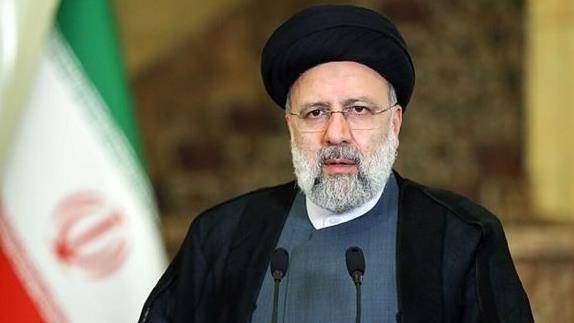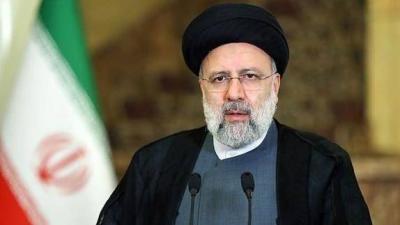Iranian President Ebrahim Raisi confirmed in a television interview on Tuesday that five Americans detained in Iran are expected to be swapped for five Iranians imprisoned in the United States early next week, and that they are "in excellent health." Raisi stated in an interview recorded in Tehran for NBC's "Nightly News" with Lester Holt that, "According to our latest information, the detained Americans are in very good health.”
The U.S. administration noted that among the five Americans expected to be released are Siamak Namazi (51), Emad Sharqi (59), and environmental activist Morad Tahbaz (67), who also holds British citizenship. The identities of the fourth and fifth Americans have not been disclosed.
The Islamic Republic News Agency reported that the five Iranians to be released by the United States include Mehrdad Mo'in Ansari, Kamyab Attar Kashani, Reza Sarhankpour Kafrani, Amin Hassanzadeh, and Kaveh Lotfollahi Afrasiabi. The agency quoted the Iranian mission to the United Nations stating that "some of the released Iranians will remain in the United States while others will return to their homeland."
As part of the prisoner exchange deal first announced on August 10, the U.S. agreed to transfer $6 billion of Iranian funds from accounts in South Korea to accounts in Qatar, where the funds can only be spent on humanitarian needs. Allowing the five detainees to leave Iran would ease tensions between Washington and Tehran, which still have ongoing disputes over issues such as the Iranian nuclear program and Tehran’s support for Shiite factions in the region.
The exchange of prisoners could occur as early as next week. This deal stems from indirect talks between the United States and Iran mediated by Qatar. A source familiar with the discussions had previously stated that the Swiss embassy, which represents U.S. interests in Iran, visited the five Americans and reported that they were in good health.
Raisi told NBC that "arrangements have been made and the final procedure for the prisoner exchange will be completed in due time," but he did not specify a timeframe. Raisi appeared to understand that the $6 billion could only be used for humanitarian purposes, yet he emphasized that Iran would decide how to expend the funds. He stated in the interview, translated through a government interpreter, "This money belongs to the Iranian people and the Iranian government, and therefore, the Islamic Republic of Iran will decide what to do with this money."
When asked whether the funds would be used for purposes other than humanitarian needs, Raisi replied that humanitarian needs "mean all that the Iranian people require, and thus this money will be allocated in a budget for these needs, which will be determined by the Iranian government."
The U.S. State Department indicated that America could freeze the transferred Iranian funds of $6 billion from South Korean accounts to Qatari accounts if necessary. The funds transfer is part of the prisoner exchange agreement. State Department spokesperson Matthew Miller told reporters that "the Treasury Department has strict oversight on the use of those funds. We can see how they are used, and we have the ability to control their use,” adding that the standard is to spend the money for humanitarian purposes.




